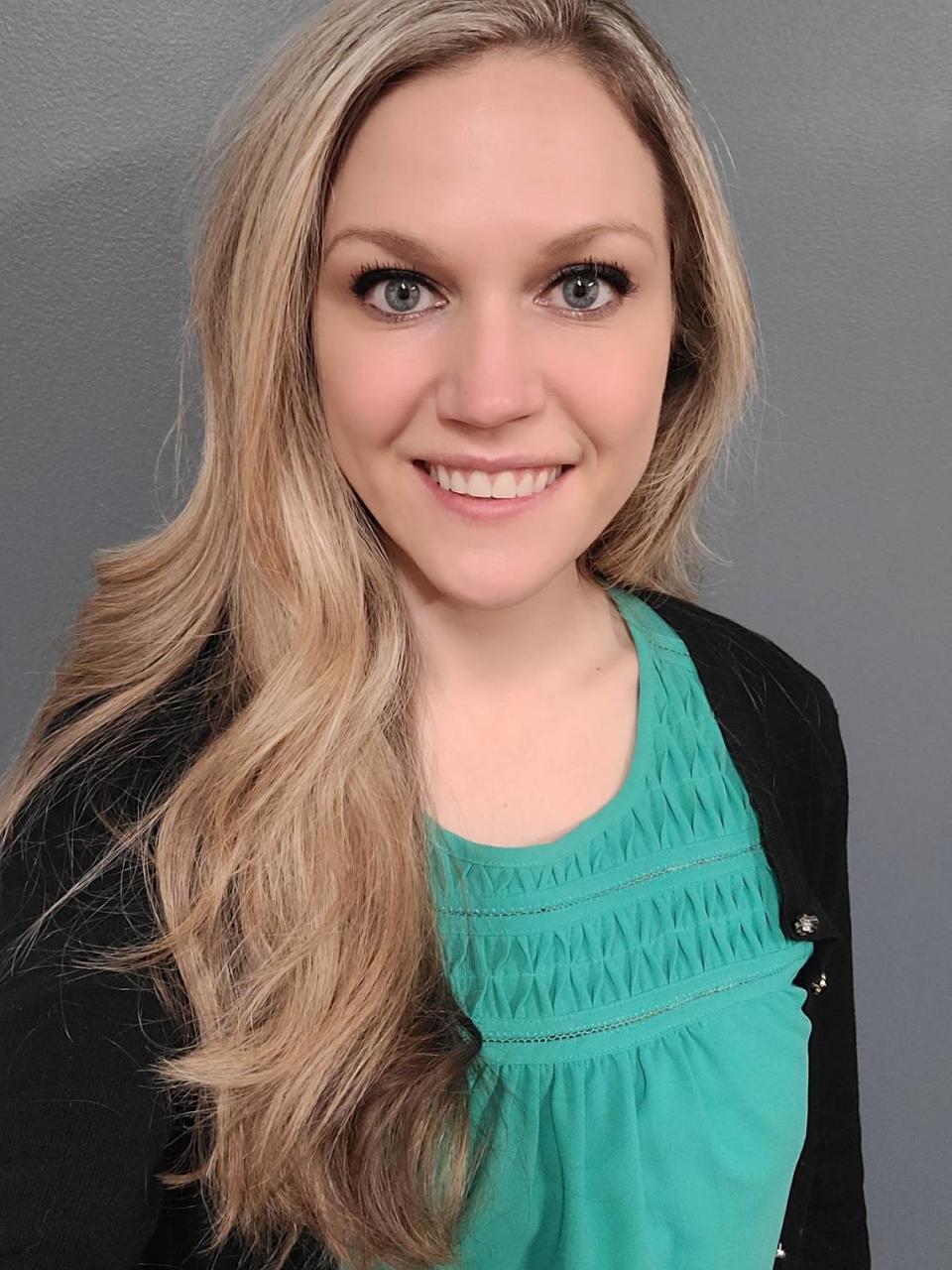How Ky’s investment in studying an African plant could reshape opioid treatment | Opinion
Kentucky is grappling with an escalating opioid epidemic, reflecting a nationwide trend. The already high death rates linked to opioids are exacerbated by the prevalence of fentanyl and compounded by limited treatment options. Notably, Kentucky ranks fourth in the nation for per capita overdose fatalities, with a staggering rate of 55.6 per 100,000 individuals (CDC data). Remarkably, about 80% of those addicted to opiates began with a legal prescription. The epidemic indiscriminately impacts all communities, irrespective of age, race, or location, leaving behind a trail of devastated families and communities.
Currently, the primary treatments are medically assisted treatment (MAT), like suboxone or methadone, and support-based programs such as Narcotics Anonymous. MAT has proven efficacy, slashing the risk of overdose deaths by half. Yet, its accessibility is hampered by the scarcity of providers, especially in Kentucky, and the prohibitive costs. Meanwhile, Narcotics Anonymous assists a subset of individuals, leaving many still battling addiction. There’s an evident chasm in effective treatment solutions. One promising contender in this space is ibogaine, a compound extracted from the bark of a West African plant.
Nearly a decade ago, as clinical psychologists and researchers, we chanced upon compelling anecdotes about addiction recovery attributed to ibogaine treatments at a Costa Rican clinic. Surprisingly, a single dose treatment appeared to markedly diminish opioid withdrawal symptoms and cravings for months. Many recounted leveraging this “window of opportunity” to radically transform their lives, and the anecdotal reports of treatment success were heartening.
Compelled by these accounts, we launched a research initiative through Spalding University’s clinical psychology program to study ibogaine’s therapeutic potential. Our investigations led us to overseas ibogaine clinics, where its use is either legalized or decriminalized. Preliminary findings were encouraging; over 80% of participants reported that it was “effective” or “very effective” for their presenting problem. We subsequently presented our results at an international conference and published our findings in a peer reviewed academic journal.
Fast forward to 2023, and the Kentucky Opioid Abatement Advisory Commission is considering channeling $42 million from its $842 million in opioid settlements into ibogaine research. We passionately advocate for this initiative, visualizing it as a pioneering step in crafting a novel treatment for Kentuckians ensnared in the opioid crisis.
Ibogaine is a Schedule I drug, which makes it a challenge to study. It is classified as a “oneiric” meaning that induces a “waking dream state” in patients. Our study found that most individuals find the experience emotionally powerful but largely unpleasant. Ibogaine does not appear to have a high likelihood of becoming a drug of abuse.
Dr. Deborah Mash, a research neurologist from the University of Miami, conducted the largest human trials to date on ibogaine. Her study, conducted in St. Kitts, administered ibogaine to over 150 subjects with a substance abuse diagnosis, and over 80% reported a significant and persistent reduction in drug craving and withdrawal after a single dose (comparable to our study). Animal research has shown similar findings: Rats injected with ibogaine demonstrated a reduction in self-administration of opiates. Other studies (ours included) were aggregated in a meta-analysis by Köck and colleagues in 2022 that reviewed all the published studies on ibogaine (there were 24 studies with 705 individuals that were reviewed). Their analysis supported ibogaine’s possible benefit for individuals misusing opiates, as well as for individuals experiencing depression and trauma. Nonetheless, potential cardiac risks necessitate stringent medical screening and oversight during its administration.

Given the preliminary but robust evidence supporting ibogaine and the substantial opioid settlement funds, Kentucky stands at the cusp of pioneering ibogaine trials in the U.S. This effort could spotlight Kentucky’s commitment, harnessing its world-class research facilities and talent with an urgency to combat opioid addiction. Considering the profound societal impact of this crisis, it is incumbent upon us to explore every conceivable solution. Investing in ibogaine research could potentially lead to a new form of treatment for individuals struggling with addiction. The people of Kentucky deserve this opportunity.

Steve Katsikas, Ph.D., is licensed psychologist, a professor of psychology and Director of Sponsored Programs and Research, Spalding University. Annamarie Heink, Psy.D., is a licensed psychologist.

